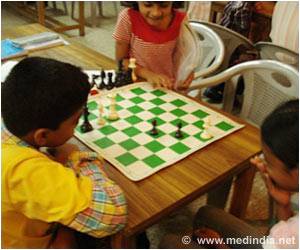Very premature and very low birth weight children and adults had lower intelligence quotient scores than those born full-term.

The research was conducted in southern Bavaria, Germany and followed children from birth into adulthood who were born between 1985-86. 260 babies born either very prematurely (before 32 weeks) or with very low birth weight (fewer than 1.5kgs) were compared with 229 babies who were born full-term. Researchers assessed data on cognitive function with developmental and IQ tests at five and 20 months and at four, six, eight, and 26 years of age.
Across all assessments, very premature and very low birth weight children and adults had lower IQ scores than those born full-term, even when individuals with severe cognitive impairment were excluded from the comparisons. The study noted, "These findings provide strong support for the timing of cognitive follow-up at age two years to plan special support services for children with cognitive problems."
The findings were published in Pediatrics.
Source-IANS










